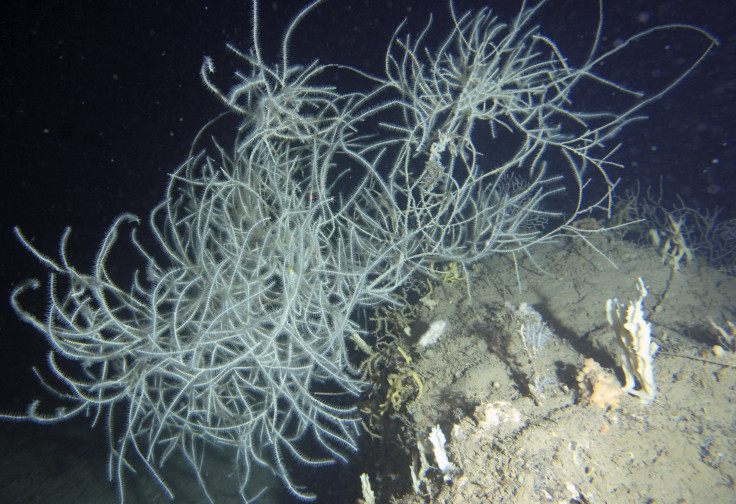Australian reef’s rare black corals new to science; Incredible marine life discovered by deep-sea divers off Bicheno

In an Australian first, abundant marine life, colourful sponges and rare black corals have been captured by deep sea divers on a granite reef off the east coast of Tasmania. Interestingly, much of these discoveries may be new to science, revealed Hobart's Institute for Marine and Antarctic Studies on Thursday.
Researchers are praising the footage by the divers as a breakthrough in recording the ecosystem of the Commonwealth Marine Reserve. The divers explored the reef off Bicheno in the Freycinet Commonwealth Marine Reserve, filming the marine life at least 70 metres under the surface.
Scuba-diving experts James Parkinson and Andreas Klocker embarked on this 200 metre long reef exploration using specialised equipment called re-breathers. Klocker said that the lower light levels took them below the kelp forests “into an incredible riot of colour and invertebrate life.” They found bright red, yellow, blue and orange sponges and black corals above bright pink corals, 9News.com.au writes.
Researchers believe that the tree-forming black coral may be new to science. Institute for Marine and Antarctic Studies (IMAS) project leader Neville Barrett said that the black corals are an iconic species and have never been recorded in this part of Australia before. He had been looking for these for many years but was never able to get as deep as James and Andreas.
Barrett said the black corals are very fragile animals and need a certain degree of protection. He added that the black corals can live for many hundreds and thousands of years.
“We are in the early stages of actually understanding what is in it, what is special about it, what are the values of that reserve and how we go about managing those values. This is all new exploration and we are adding to the knowledge of what is out there in an area that is within sight of everyone, but because it is below the surface of the water we really have not got a clue what is out there,” Barrett told the ABC.





















